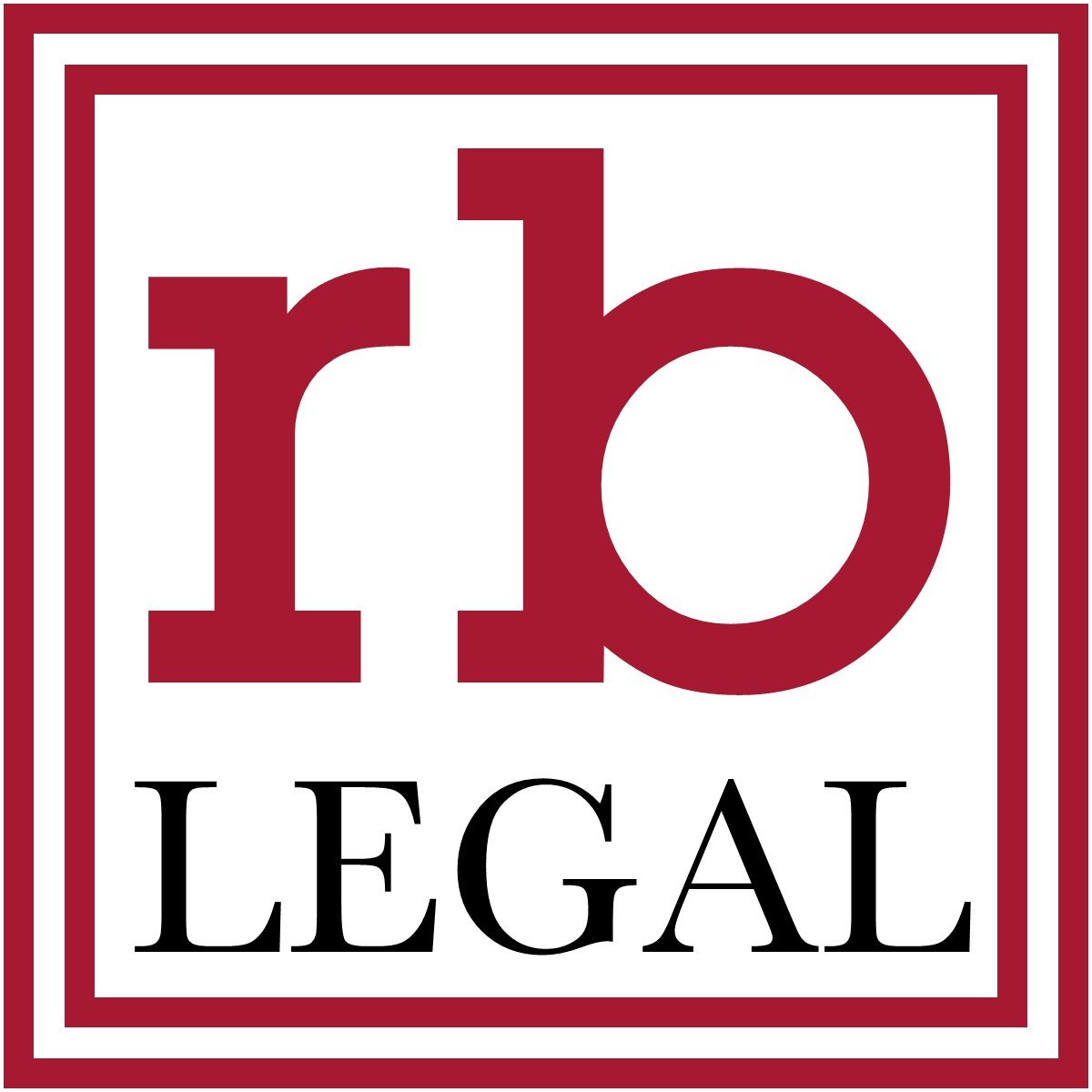After someone dies with valuable personal property or real estate in their name, their remaining assets become their estate. That estate will need to pass through Minnesota state probate courts. The will, trust or other estate documents will receive a judicial review, and the executor will need to resolve someone’s responsibilities before distributing their property to their loved ones or a designated non-profit cause.
Probate proceedings help ensure that the executor of the estate fulfills all of someone’s obligations and follows through on their last wishes as outlined in their will. The courts will usually receive an inventory of assets and recent financial records. Sometimes, probate proceedings may involve litigation, such as when stepchildren and their stepparents fight over an estate with no documents in place.
What people share in probate can be very private, whether it involves family relationships or financial records. Will the records of probate proceedings or probate litigation become part of the Minnesota public record?
Most probate records are publicly accessible
As a general rule, court proceedings in Minnesota produce written records that are then available to the public. Individuals who want to know about the value of an estate or what happened to specific assets can request copies of the court records for those probate proceedings. Although in-person requests are common, probate records are even available online in some cases.
In rare situations, family members can have court proceedings sealed to keep them private, but there is no guarantee that such requests will be successful. Whatever people disclose in court could eventually wind up known by others.
When planning for probate proceedings, you need to operate under the assumption that everything you say and do will become part of the public record.



